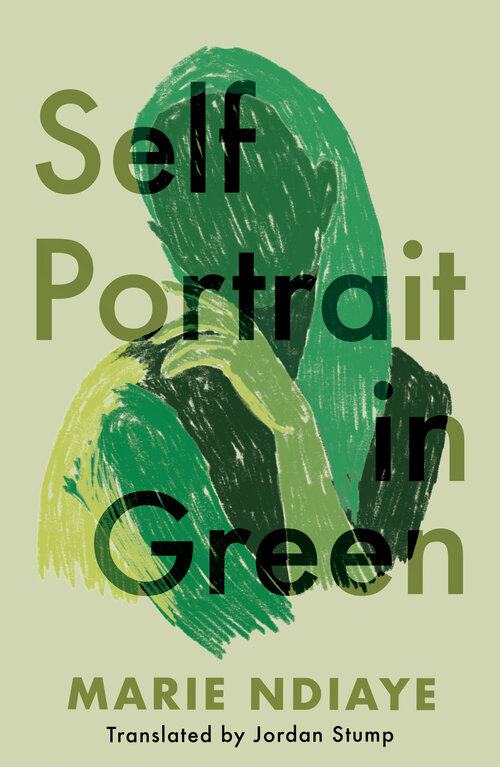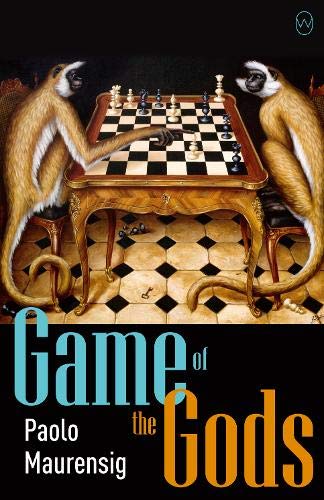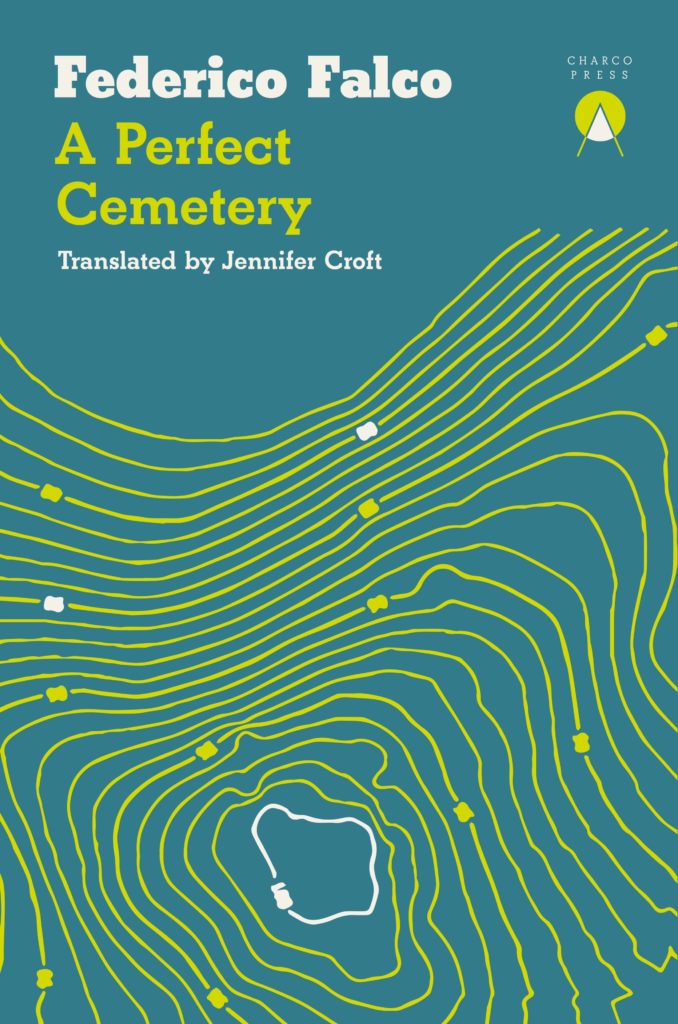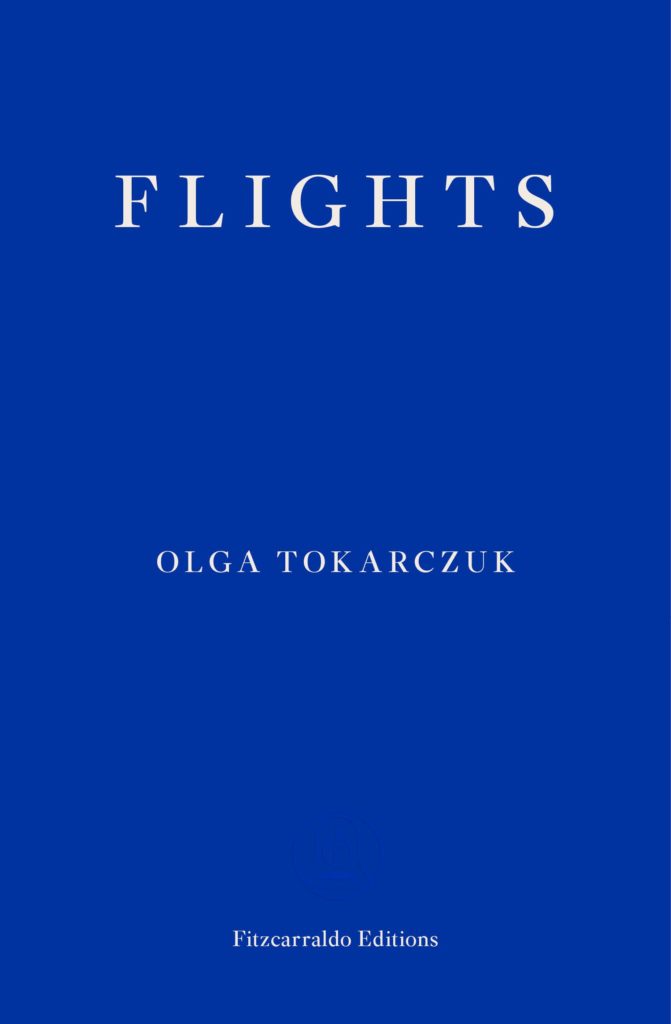Self Portrait in Green by Marie Ndiaye; translated by Jordan Stump
The redemptive nature of colour, and its ability to offer us a visual aid to better organize the world, is well documented. Its enduring presence in literature is sometimes passive, a specific colour may be utilized as a personal touchstone by an author. At other times colour is more active. We see authors seized by a colour, overwhelmed by it; spilling into all areas of their lives, they become oversaturated in colour, humming with chroma. Examples include: Maggie Nelson’s Bluets, Derek Jarman’s Chroma, Ann Carson’s The Blue of Distance. A binding theme, which facilitates these intimate encounters with colour, is the great cost at which they come: Nelson’s Grief, Jarman’s waning health, Carson’s loss. Another theme is the language used to evoke colour. Often chaotic, in a painterly sense, flitting between rich lyricism, sparse prose poetry, unexpected metaphor, obscure imagery, all constructs an anatomy of colour.

Self Portrait in Green is a hypnotic and powerful new novel which fits confidently within this tradition. Lyrical, and peppered with repetition and alliteration; this novel is instantly arresting. From the outset the reader finds themselves submerged in the shifting river-green waters of the Garonne. Thereafter, the novel begins to flit back and forth in the early noughties, as an unnamed narrator, pensively tries to establish some continuity between her own life and the recurring green women that haunt her. The novel is densely populated but with great intelligence, with few words Marie Ndiaye constructs entire lives. Characters die and reappear throughout the novel, people become interchangeable; the narrator repeatedly slips into a green malaise when interacting with others. Green becomes symbolic of all things threatening, banal, predictable, fatiguing, uncontrollable, in short green steps in, when the narrator wishes to step away from the overwhelming immensity of life. The ebbing and rising of the Garrone is consistent, it flows through the novel. Thus, the narrator begins to recognise themselves and all that is green not outside of but as a part of time’s vast river. Signs of reconciliation begin to surface. After finishing this novel you may re-consider the following line by Virginia Woolf as “I live; I die; the sea [river] comes over me; it’s the blue [green] that lasts”.
Game of the Gods by Paolo Maurensig; translated by Anne Milano Appel
As it turns out, we are all just one Netflix series away from obsessively pursuing a game our parents and grandparents have been trying to get us to play for years. Rumour has it, Rich Uncle Pennybag is currently on his second draft of a Netflix Original Monopoly, Anthony Hopkins is to be cast as RUP..
Those of you that have watched the The Queens Gambit or read the book, would have probably picked up on some of the obvious similarities between that which happens in the story, and real events. A quick summary would go something like this: The United States and The Soviet Union saw a great opportunity to wield chess as a political tool, for chess is often – wrongly – considered a game of pure intelligence. Thus, against the backdrop of the Cold War and the US’ trip to the moon, another kind of competition between these two world powers came to fruition: Bobby Fisher (US) took on Boris Spassky (SU). I know what you are thinking, what an interesting time and political landscape for Netflix to revive such a story.. This all may seem like a rambling preamble, but it isn’t, bare with me. Marensig’s Game of the Gods is another but much more interesting version of this same story.

Game of the God’s falls into the genre of fictional biography, a pre-script makes it clear that the events are partly imagined and partly true – a good dose of post-read Wiki clears up any ambiguity. But really, what is factual and what is not just simply doesn’t matter. The story is brilliant, expertly crafted, and refreshingly subversive – taking a healthy step back from the very Eurocentric history of chess. Game of the Gods introduces us to a new, forgotten, chess master, Mir Sultan Khan. Predictably, Khan’s journey in the chess world becomes political, and is tragically cut short.
After the sudden death of his parents, Mir Sultan Khan enters servitude for the largest landowner in Punjab, Malik Umar Hayat Khan; who, had an established military career as a lieutenant for King George V. It is from him that our protagonist inherits his name. Khan’s innate understanding and skill of Chaturanga – an ancient Indian game which precedes chess – is recognised by Hayat Khan. He immediately begins to strategize as to how to make use of this unique asset. Hayat Khan is understandably frustrated by the repeated disgrace that white peers bestow upon him. Although an equal in terms of wealth and military credentials, his ethnicity keeps them forever on an uneven keel. In an attempt to challenge the Empire in a more subtle and benign way, he teaches Khan the European rules of chess and tours him around the top European chess competitions. The narrative of this young chess prodigy as he steps foot on the Western stage, is immediately hijacked by the press. There is a lot to unpack in this novel, it is at times a triumphant but ultimately sad novel, Khan is forever reduced to racialized stereotypes, wielded as a political signifier, whose chess skills are forever left in the parenthesis by the media.
A Perfect Cemetery by Federico Falco ; translated by Jennifer Croft

A Perfect Cemetery is a collection of short stories which feel thematically connected. The opening story of a feral king who reigns over a meadow begins in an almost fablestic manner. The description is effortlessly rich. The second part of the story sees the king return to the nearby town to gather supplies, at which point he is pursued with hostility by the town’s folk; people he at one time may have been friends with. There are many potential readings available of these stories, and that’s what makes them so fantastic. The second story highlights the rich variety of subject matter and perspective, focusing on the daughter of a Catholic family who renounces her faith and pursues the love of a Mormon. However, for me the binding theme was: wilderness, retreat, and pursuit. Throughout the stories, characters retreat from communities, expectations, and norms into a kind of wilderness. Whether it is the golden meadows of the feral hare king or the wild interiority of a daughter withdrawing from a shared faith, they are characters which are not simply allowed to do so, they are pursued and when pursued one often looks for escape in frantic, chaotic, dangerous, and extreme ways. This really is an exceptional and cohesive collection of stories, my only wish is that I could spend a little longer with the characters that Federico and Jennifer have so carefully crafted.
Those of you who have read the English edition of Flights by Olga Tokarczuk would have read Jennifer’s work before. The collection of short stories concludes with a note on translation by Jennifer Croft. In it she describes the roles of the translator and the author like so: the author is the screenwriter and the translator is the director. It is a fascinating insight which helps to answer many of my own questions about the role we play as a translator when reading. For each of us, in a way, translates stories into our own intimate system of language. Making each reading experience at once unique yet also shared; although we read the same pages our experiences of the story may be vastly different. In a way we are all directors, using the tools our environment lends us, to construct and make sense of our world.
From the Backlist: Flights by Olga Tokarczuk; translated by Jennifer Croft
Having enjoyed A Perfect Cemetery so much and having been so invigorated by Jennifer’s concluding thoughts, I couldn’t resist seeking out Flights. It of course took little “seeking out” given it is by Nobel Prize winning author, Olga Tokarczuk. Published by Fitzcarraldo, it was almost a given I would love this book. I did.

For anybody that hasn’t yet read it, this is your cue! I understand that the prospect of reading a book which praises travel and rallies against inertia, amidst a necessarily travel restricted globe, is to say the least, unappealing. Believe me, I had my reservations, but when you start reading it you won’t put it down. Flights is a unique blend of essays, and short stories which get picked up and put down, weave around one another, constantly alive, always moving. The reader is never left in one single narrative for too long. Packed with ideas, and compelling stories, it really is like taking a trip. This is a classic example whereby I have missed the bus on a book, but I am about to spend the next 6 months banging on about it. Throughout the collection there is a strong enmity for stasis – perhaps perpetuated by me due to the context in which I have read it – however, it is unquestionably there. Culminating in one of my favourite fragments What The Shrouded Runaway Was Saying, a fragment which takes the form of a frenzied rant by a woman who lives without a home. Tokarczuk, explores what inertia means in many forms, thus there are regular fragments on preservation and the history of preservation. Although, Tokarczuk could never write a book which could be preserved, they are too alive, teeming with life, demanding to be passed around, constantly finding new pockets for interpretation.
